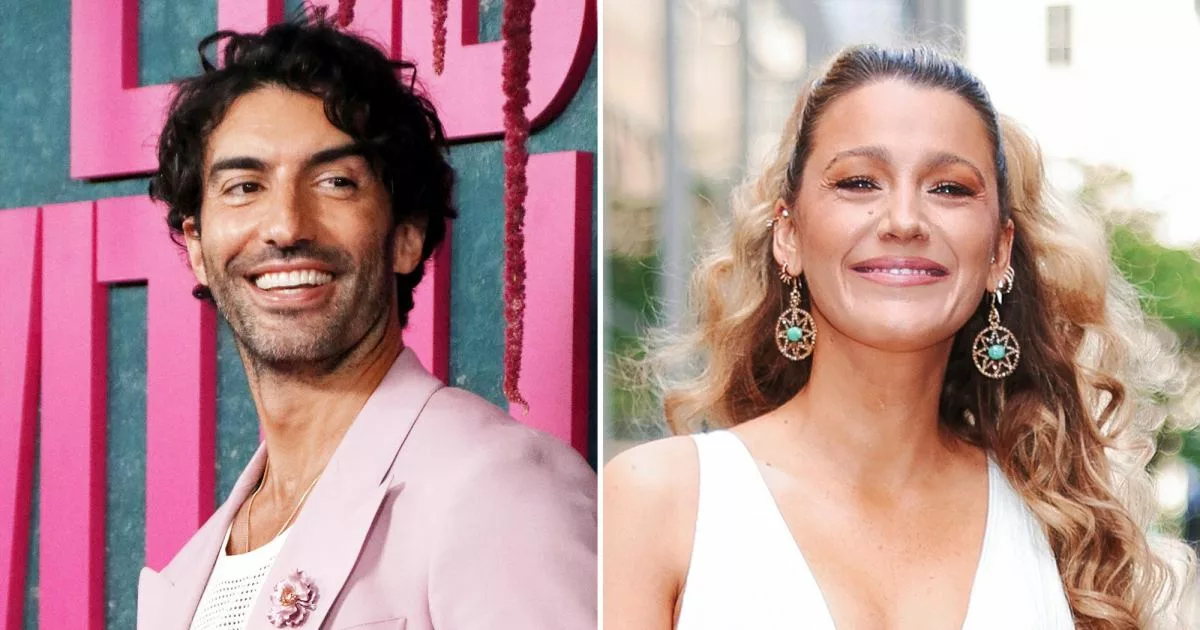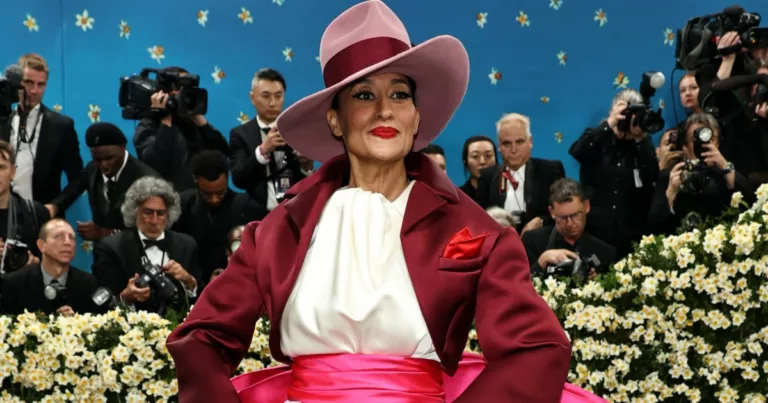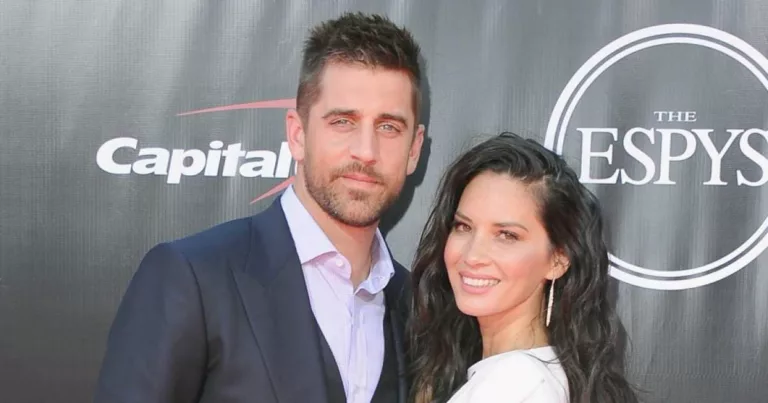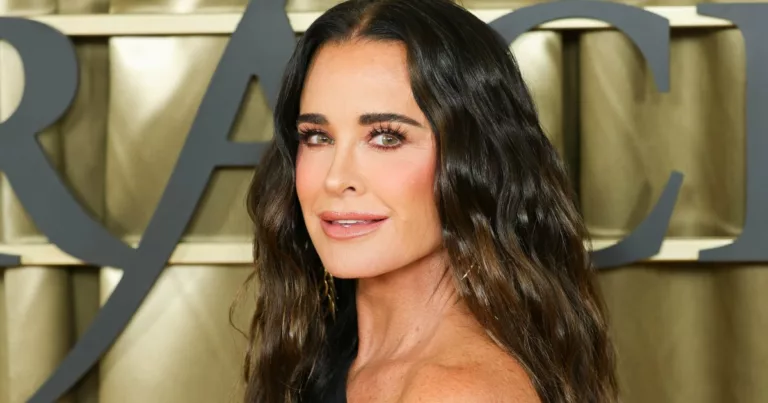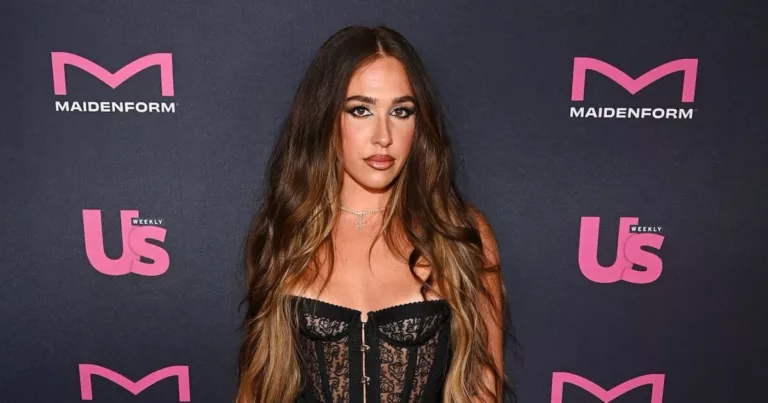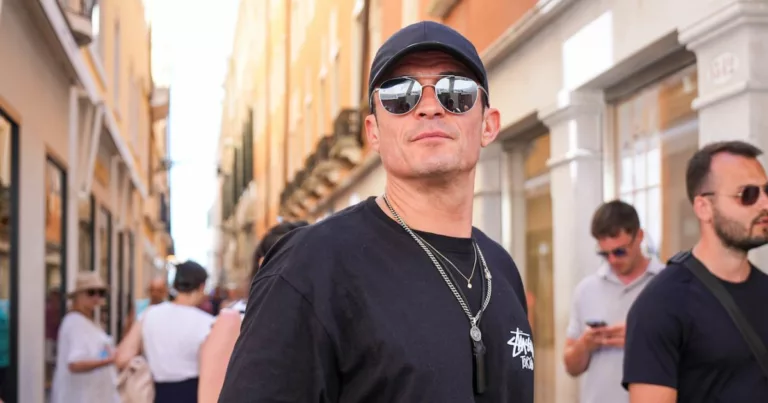Blake Livelys Request to Access Wayfarer Investigation Documents Denied
Blake Lively recently faced a setback in her ongoing legal dispute with Justin Baldoni, as a judge denied her motion to access documents pertaining to an investigation conducted by Wayfarer Studios, the company co-founded by Baldoni. This ruling, issued by Judge Lewis J. Liman, has significant implications for Lively’s allegations against Baldoni regarding sexual harassment and the creation of a hostile work environment during the filming of “It Ends With Us.”
The court documents, which were made available to Us Weekly, revealed that Judge Liman deemed the investigation documents as protected under attorney-client privilege and attorney work product. This means that while Lively sought to gain insight into Wayfarer’s internal investigation into her claims, the studio and Baldoni are not allowed to utilize any of the protected information in their defense.
Lively’s legal team, consisting of attorneys Esra Hudson and Mike Gottlieb, expressed their disappointment with the ruling. They emphasized that Wayfarer had a legal obligation to investigate the concerns raised by Lively and others regarding Baldoni’s conduct on set, dating back to May 2023. They stated, “Among other claims, Ms. Lively sued Wayfarer specifically for its failure to conduct such an investigation — an independent cause of action under California law.”
The judge’s decision comes amidst a tumultuous legal back-and-forth between Lively and Baldoni, which began in December 2024. Lively accused Baldoni of sexual harassment and orchestrating a smear campaign against her. In response, Baldoni countersued Lively, her husband Ryan Reynolds, and publicist Leslie Sloane for $400 million, alleging civil extortion and defamation. Both Lively and her team have vehemently denied these allegations.
Earlier this month, Lively celebrated a partial legal victory when a judge dismissed Baldoni’s lawsuit against her, Reynolds, and Sloane. Following the ruling, Lively took to social media to express her gratitude and reflect on the challenges she faced. She stated, “Last week, I stood proudly alongside 19 organizations united in defending women’s rights to speak up for their safety. Like so many others, I’ve felt the pain of a retaliatory lawsuit, including the manufactured shame that tries to break us.”
Despite the dismissal of Baldoni’s lawsuit, the judge allowed him and his legal team to amend their claims related to breach of implied covenant and tortious interference with contract. This development indicates that the legal battle is far from over, with Baldoni’s attorney, Bryan Freedman, asserting that the latest ruling does not signify a victory for Lively. He stated, “While the Court dismissed the defamation-related claims, the Court has invited us to amend four out of the seven claims against Ms. Lively, which will showcase additional evidence and refined allegations.”
As both parties navigate this complex legal landscape, the public continues to watch closely, eager to see how this high-profile case unfolds. The implications of the ruling and the ongoing legal strategies employed by both sides highlight the challenges faced by individuals in the entertainment industry when addressing allegations of misconduct.
In the meantime, Lively’s legal team remains committed to pursuing justice for their client, emphasizing the importance of accountability in the workplace. The outcome of this legal battle could set a precedent for how similar cases are handled in the future, particularly in Hollywood, where issues of harassment and misconduct have gained increased attention in recent years.
As this story develops, fans of Blake Lively and Justin Baldoni are left to ponder the ramifications of their legal struggle and the broader implications for the entertainment industry. The case serves as a reminder of the complexities surrounding allegations of misconduct and the importance of thorough investigations to ensure a safe and respectful working environment for all.

